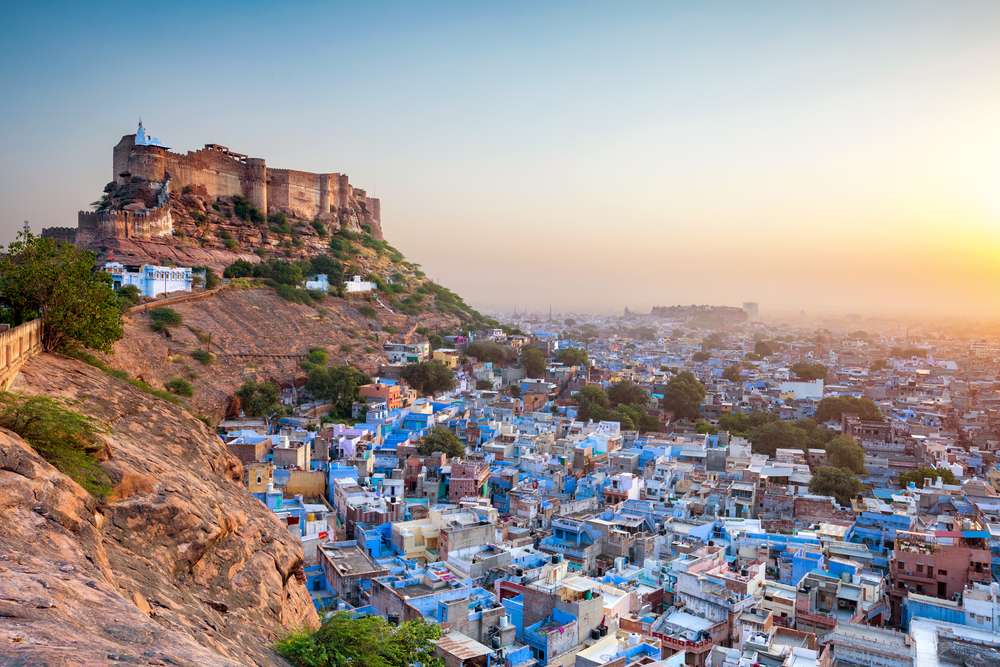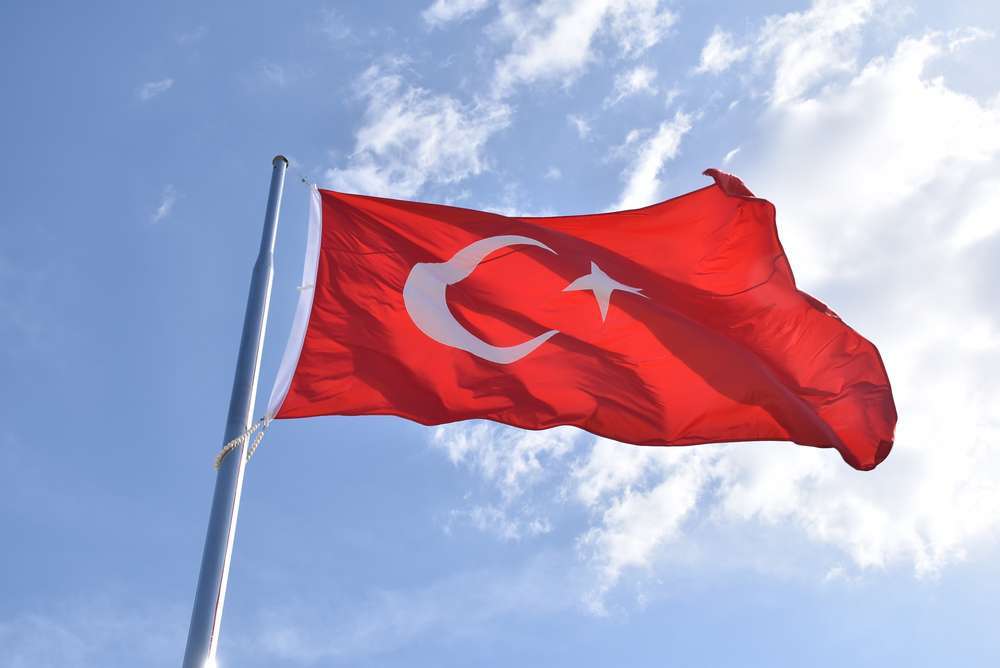India’s Expat Community: What It’s Like to Live and Work in India
India, with its diverse culture, rich history, and burgeoning economy, attracts a significant number of expatriates from around the world. These individuals move to India for various reasons, including career opportunities, business ventures, cultural experiences, and more. Living and working in India as an expatriate can be a life-changing adventure, offering a unique blend of challenges and enriching experiences. In this article, we will delve into the lifestyle, opportunities, and challenges faced by expats in India.
INDIAN VISA FOR TUVALUAN CITIZENS
Cultural Diversity: A Kaleidoscope of Experiences
India is renowned for its cultural diversity, with a myriad of languages, traditions, festivals, and cuisines. For expatriates, this diversity presents an exciting opportunity to immerse themselves in a rich tapestry of cultures. From the colorful festivals like Diwali and Holi to the traditional dances and music, expats have the chance to participate and celebrate these unique cultural experiences. Adapting to the cultural nuances can be both challenging and rewarding. Understanding the societal norms, greeting etiquettes, and local customs can help expatriates integrate into the community more seamlessly.
Professional Opportunities: A Growing Economy
India has witnessed substantial economic growth in recent decades, establishing itself as a global economic player. The country offers a plethora of professional opportunities across various sectors, including Information Technology (IT), manufacturing, finance, healthcare, and more. Metropolitan cities like Bangalore, Mumbai, Delhi, and Hyderabad are major hubs for multinational corporations, providing expatriates with opportunities for career growth and international exposure. India’s IT sector, often referred to as the “Silicon Valley of the East,” has been a magnet for tech professionals worldwide.
Cost of Living: Affordable Yet Variable
The cost of living in India is relatively affordable compared to many Western countries, particularly in terms of housing, food, and transportation. However, the cost varies significantly based on the city and lifestyle choices. Major cities tend to have higher costs of living, especially in terms of accommodation and schooling for expatriates’ children. Expatriates often find it beneficial to research and plan their budget accordingly to ensure a comfortable and financially sustainable stay in India.
Education and Schools: A Focus on Quality
India offers a diverse education landscape, with a wide array of schools ranging from international schools to schools following the Indian curriculum. Cities like Delhi, Mumbai, Bangalore, and Chennai have reputable international schools that provide a high standard of education following international curricula such as the International Baccalaureate (IB) and Cambridge International Examinations (CIE). For expatriate families, choosing the right school that aligns with their children’s educational needs and preferences is a significant decision. Many international schools cater to expatriate communities and provide a multicultural environment for students to thrive.
Healthcare: Accessible and Developing
India has made significant strides in its healthcare sector, offering a mix of public and private healthcare facilities. The larger cities have world-class hospitals and medical centers with well-trained medical professionals. Expatriates often opt for private healthcare services that provide high-quality care and advanced medical treatments. Acquiring health insurance that covers medical expenses in India is a common practice among expats to ensure access to quality healthcare.
Transportation and Infrastructure: A Mix of Old and New
India’s transportation system is a blend of modern infrastructure and traditional modes of transportation. Major cities boast well-developed metro networks, modern buses, and rideshare services, providing convenient options for daily commuting. Additionally, the charm of traditional modes of transportation, like auto-rickshaws and cycle rickshaws, adds to the unique experience of living in India. However, traffic congestion and road conditions in some cities can be challenging, requiring expatriates to plan their daily commutes accordingly.
INDIAN VISA FOR EMIRATI CITIZENS
Community and Networking: Building Connections
Expatriates often form close-knit communities in various cities across India. Social and professional networking groups provide a platform for expats to connect, share experiences, and offer support to one another. Furthermore, attending cultural events, and festivals, and joining clubs or hobby groups can help expatriates integrate into the local community and build meaningful relationships.
Conclusion
Living and working in India as an expatriate is an enriching journey filled with diverse experiences, both professionally and personally. The cultural tapestry, professional opportunities, affordable living, and the chance to embrace a diverse way of life make India an attractive destination for expatriates. While challenges may arise, navigating through them with an open mind and a willingness to embrace the culture can make the expatriate experience in India truly rewarding.
More articles: India’s Nightlife: Where to Go for the Best Bars, Clubs, and Restaurants



